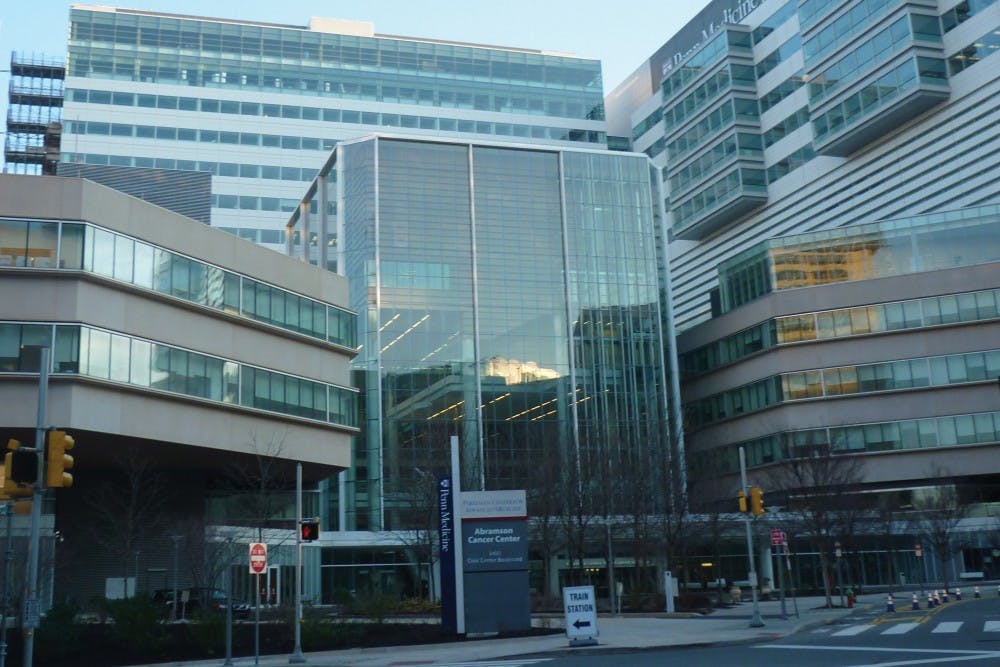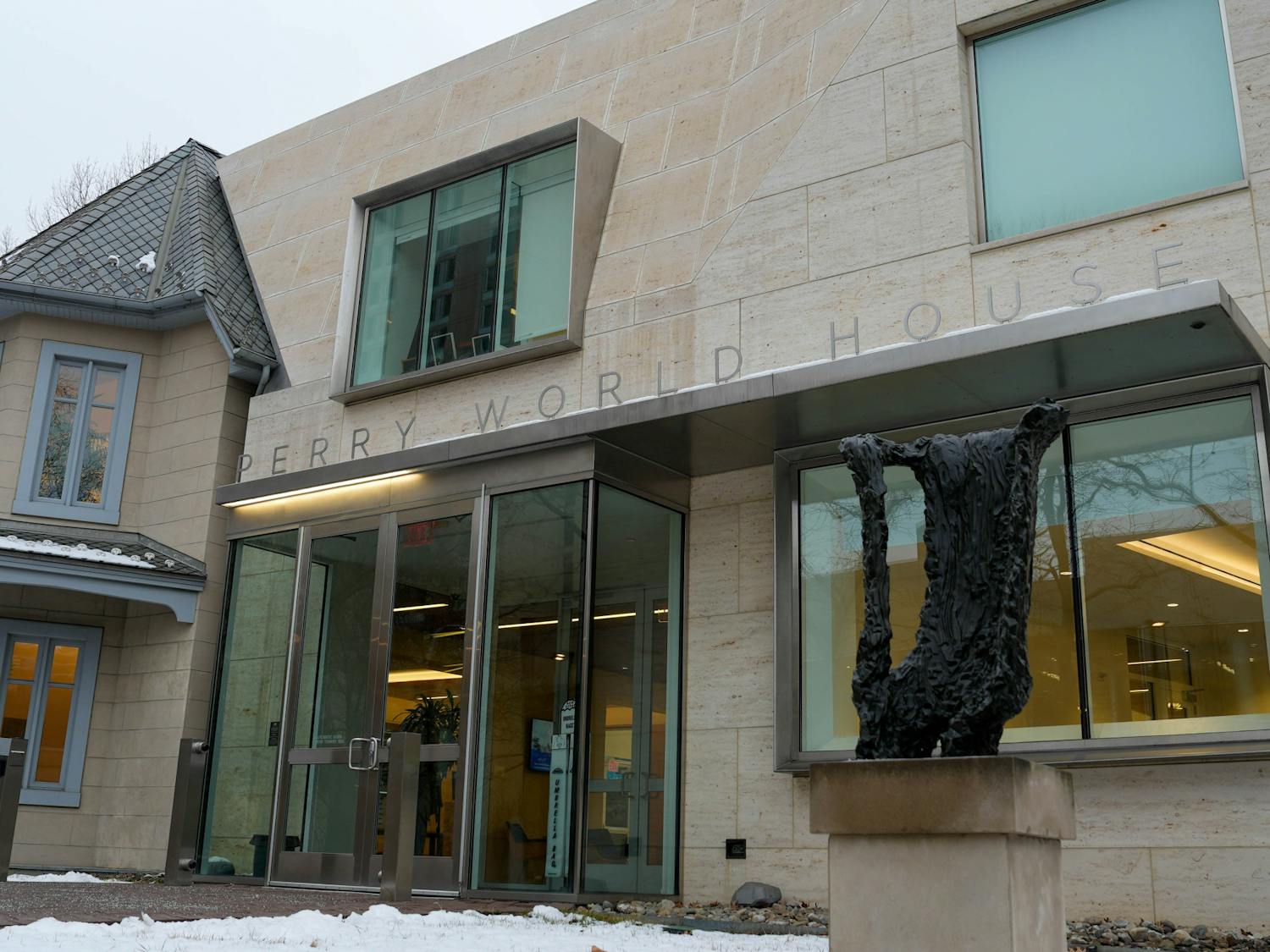Penn’s Translational Center of Excellence for Lung Cancer Immunology at the Abramson Cancer Center was awarded a $10.7 million grant on Oct. 22 to support the advancement of research for CAR-T therapy in lung cancer patients.
In its initial debut, CAR-T treatment was meant for children and young adults with B-cell acute lymphoblastic leukemia, especially those who did not respond well to traditional treatment methods. Now, however, the grant will be used to further three specific research projects studying the ability of T cells to stimulate the patient’s immune system to fight non-small cell lung cancer and malignant pleural mesothelioma, according to Penn Medicine News.
“Although CAR-T cells have been revolutionized the treatment of leukemia and bone marrow cancers, we have not yet had the same success in treating solid tumors like lung cancer,” Penn Medicine Professor and member of the Center for Cellular Immunotherapies in the Abramson Cancer Center Dr. Steven M. Albelda said.
Founded by Penn Medicine’s own Carl June, CAR-T therapy, otherwise known as chimeric antigen receptor T cell therapy, bioengineers the patient’s own white blood cells, known as T cells, to target cancerous tumor cells. The first gene altering therapy of its kind approved by the FDA in August 2017, the FDA called the gene therapy a "historic" act.
June was recognized earlier in the year for his medical contributions to CAR-T therapy with the Albany award, the second highest value prize in medicine and biomedical research in the United States.
The grant was awarded to Penn by the National Cancer Institute, an organization that serves as the Federal Government's principal agency for cancer research and training.
“The stakes of these projects are incredibly high. Achieving the success rates for CAR-T therapy in solid tumors that we’ve already seen in leukemia and lymphoma would be a major paradigm shift in the treatment of these cancers.”









